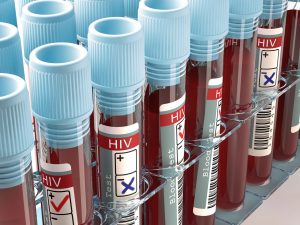The World Health Organization declared an Ebola outbreak in Guinea, which has claimed 12 lives, was over on Saturday.
The deadly disease re-emerged in the West African nation in February in the same region where cases first emerged that led to a 2014-2016 outbreak that spread to neighboring countries.
On 7 February 2021, DRC declared an outbreak of Ebola in North Kivu province, in the country’s northeast; after three months, and 42 days after the last patient returned a negative test, the outbreak was declared over on 3 May 2021.
A total of 16 confirmed and seven probable cases were reported in Guinea’s latest outbreak, in which 11 patients survived and 12 people lost their lives, the WHO said in a statement on its website.
“The effective management of this resurgence has shown the performance acquired by our surveillance system after the terrible ordeal of 2014-16,” Health minister General Remy Lamah said in a speech.
BACKGROUND:
Ebola virus disease (EVD), formerly known as Ebola haemorrhagic fever, is a severe, often fatal illness affecting humans and other primates.
The virus is transmitted to people from wild animals (such as fruit bats, porcupines and non-human primates) and then spreads in the human population through direct contact with the blood, secretions, organs or other bodily fluids of infected people, and with surfaces and materials (e.g. bedding, clothing) contaminated with these fluids.
The average EVD case fatality rate is around 50%. Case fatality rates have varied from 25% to 90% in past outbreaks.
The first EVD outbreaks occurred in remote villages in Central Africa, near tropical rainforests. The 2014–2016 outbreak in West Africa was the largest and most complex Ebola outbreak since the virus was first discovered in 1976. There were more cases and deaths in this outbreak than all others combined. It also spread between countries, starting in Guinea then moving across land borders to Sierra Leone and Liberia according to the WHO.
It is thought that fruit bats of the Pteropodidae family are natural Ebola virus hosts.
Since its discovery in 1976, the majority of cases and outbreaks of Ebola Virus Disease have occurred in Africa. The 2014-2016 Ebola outbreak in West Africa began in a rural setting of southeastern Guinea, spread to urban areas and across borders within weeks, and became a global epidemic within months.






